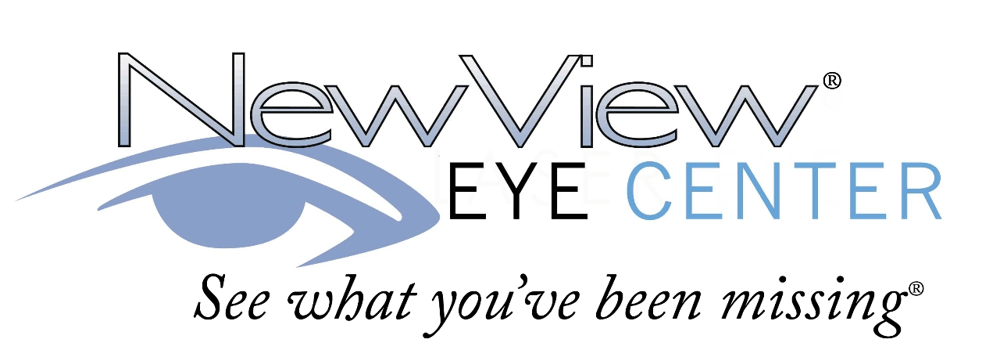How to Detect Glaucoma Early
Glaucoma affects a lot of people (over 2.7 million in fact); unfortunately, it’s estimated that only half of people with glaucoma even realize that they have it. By the time people do realize they have glaucoma, it’s often too late: late-stage glaucoma is difficult to treat, and any vision loss is unfortunately permanent by this stage.
That’s why NewView Eye Center aims to raise glaucoma awareness within our communities. Read on to find out how to detect glaucoma early, as well as the best ways to keep your eyes healthy and strong.
How to Detect Glaucoma Early
Understand your risk factors. Glaucoma can happen to anyone, but it’s more likely to happen to people who have the following risk factors:
-
- Elevated Eye pressure
- Low blood pressure
- High cholesterol levels
- Older age
- A family history of glaucoma
- African-American or Latino/Hispanic ancestry
- Diabetes
Schedule regular appointments with your ophthalmologist. It’s recommended that individuals over the age of 40 should start scheduling appointments every two years, as this provides plenty of time to detect glaucoma early. If you’re 65 or older, you should schedule an annual appointment.
Speak up. Sometimes glaucoma happens because people don’t speak up when they start to have trouble with their vision. If this is happening to you, don’t wait to see someone; schedule an appointment right away. Communicate your concerns with your ophthalmologist right away so he or she can measure your eye pressure and check your eyes for early signs of glaucoma.
Take the Next Step
If you have the risk factors for glaucoma or are experiencing trouble with your vision, schedule a consultation with ophthalmologist Dr. Jacqueline Griffiths at NewView Eye Center in Reston, VA today. Dr. Griffiths can personalize your eye treatment as well as help you better understand your risk factors for glaucoma. 703-834-9777
NewView Eye Center in Reston, Virginia serves the greater Washington, DC metro area.

